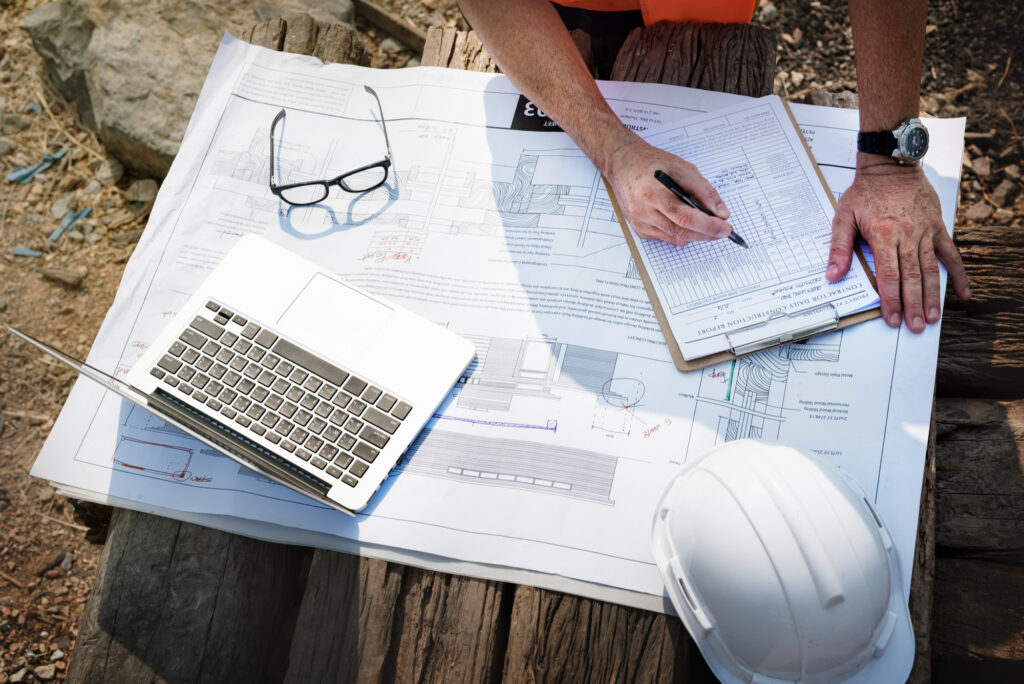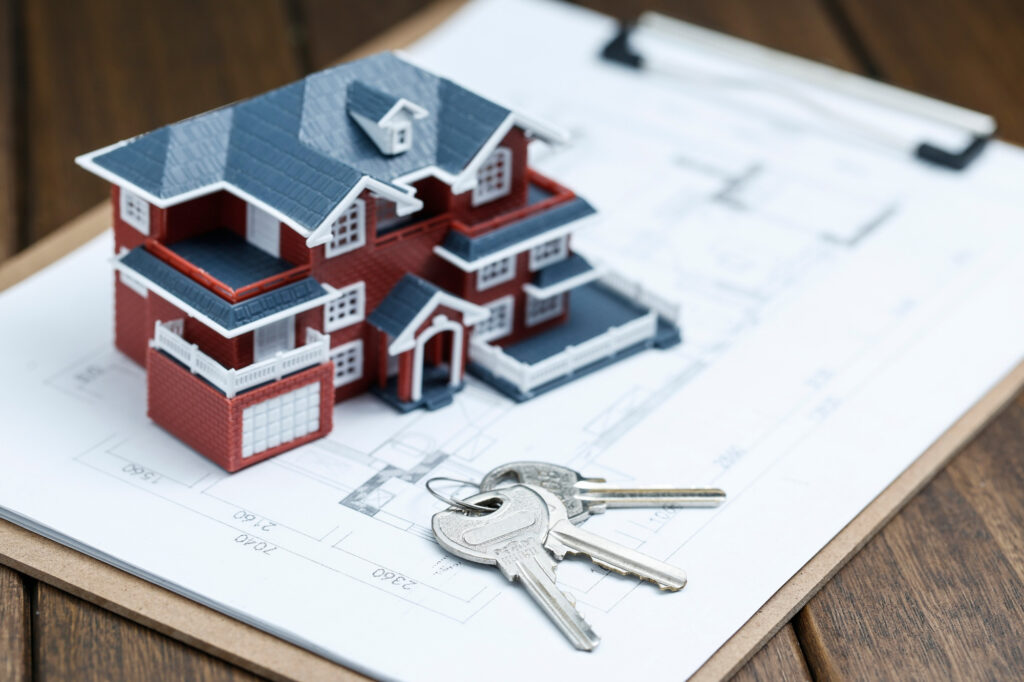As a rental provider in Victoria, staying compliant with the latest regulations is crucial not only for legal reasons but also to maintain a high standard of living for your tenants. The Residential Tenancies Regulations 2021 set out clear expectations for rental provider to ensure the safety, comfort, and wellbeing of renters.
These regulations are more than just guidelines; they are a commitment to maintaining properties in a way that meets modern living standards and protects all parties involved. By understanding and adhering to these requirements, you not only safeguard your property but also foster positive, long-term relationships with your renters.
Whether it’s performing regular safety inspections or ensuring that the property meets basic living standards, every responsibility contributes to creating a secure and comfortable environment.

Safety Inspections
Safety inspections are a fundamental part of your duties as a rental provider. The regulations require you to regularly check key systems in the property to prevent accidents and ensure compliance with legal standards.
- Gas Safety
- All gas appliances and fittings must be inspected every two years by a licensed gasfitter with Type A gas appliance servicing qualifications. This ensures that the gas systems within your property remain safe and functional, reducing the risk of gas leaks or related incidents.
- Electrical Safety
- Every two years, all electrical installations and fittings must be checked by a licensed electrician. Regular inspections help prevent electrical hazards, ensuring that the property remains safe for tenants.
- Smoke Alarms
- Smoke alarms are critical for tenant safety. You must test these alarms at least once a year to ensure they operate properly. Have them replaced or repaired as soon as possible.
- Swimming Pool Barriers
- If your property has a swimming pool, it must be enclosed by a compliant safety barrier as outlined in the Building Regulations 2018. Regular maintenance of this barrier is essential for preventing accidents, especially if there are children on the property.
- Bushfire-Prone Areas
- Properties located in bushfire-prone areas need to have additional safety requirements. Keep water tanks designated for firefighting in good condition, ensuring they are filled and clean at the start of each new tenancy agreement. This requirement applies exclusively to properties located in bushfire-prone areas, as defined by Section 192A of the Building Act 1993.
- Relocatable Pools
- Tenants planning to install relocatable swimming pools must inform you in writing and secure all necessary approvals. This way, you meet safety and legal standards, keeping potential hazards at bay.

Minimum Standards for Rental Properties
Meeting the minimum standards for rental properties is a key responsibility for rental providers These standards ensure that properties are not only safe but also provide a comfortable and livable environment for renters. The minimum standards cover essential aspects of the property that affect everyday living.
- Heating
- From March 29, 2023, all rental properties must have a fixed heater in the main living area. This heater must meet a minimum 2-star energy efficiency rating, ensuring that tenants have access to reliable and efficient heating. Even if installing an energy-efficient heater isn’t practical, like in some multi-unit buildings, you still need to install a fixed heater.
- Ventilation
- Proper ventilation is essential for maintaining indoor air quality. Rental properties must meet the ventilation standards set by the Australian Building Code to ensure adequate airflow, which helps reduce the risk of mould and dampness.
- Bathrooms and Toilets
- Bathrooms must be equipped with hot and cold running water, a wash basin, and either a shower or bath. Tapware and showerheads should have a minimum 3-star WELS rating for water efficiency. Toilets must also be 3-star WELS rated and located in a dedicated room for privacy and functionality.
- Kitchen Facilities
- Kitchens in rental properties must provide essential cooking and food preparation facilities, including a hot and cold water supply. The kitchen tapware must also meet the 3-star WELS rating for water efficiency.
- Laundry Facilities
- If laundry facilities are provided, they must have both hot and cold water connections.
- Structural Integrity and Waterproofing
- The rental property must be structurally sound and waterproof. This helps protect the building from damage and ensures the safety and comfort of tenants, particularly during severe weather conditions.
- Mould and Dampness
- The property must be free from mould and dampness caused by structural issues. Mould can pose serious health risks, so these problems must be addressed promptly to maintain a healthy living environment.
By ensuring that your property meets these minimum standards, you not only comply with the law but also enhance the livability and appeal of your property. These standards are designed to protect renters and ensure they have access to basic amenities that contribute to a higher quality of life. As the rental market evolves, meeting these minimum requirements will also help you stay competitive, as renters increasingly seek out properties that provide both safety and comfort.
VCAT and Dispute Resolution
Disputes are an unfortunate but sometimes inevitable part of being a rental provider. The Victorian Civil and Administrative Tribunal (VCAT) plays a role in resolving these issues, whether it’s handling compensation claims, enforcing bond returns, or settling disagreements over repairs and maintenance. Being familiar with VCAT’s processes ensures that you are prepared to handle disputes efficiently and fairly, further protecting your interests as well as your renter’s rights.
Stay Compliant with Landmark Inspections
Staying compliant with the Residential Tenancies Regulations is essential for protecting both your property and your tenants. Regular inspections and upgrades keep your property in line with these regulations, help you avoid penalties, and meet tenant expectations. Compliance not only safeguards your investment but also fosters positive relationships with your tenants.
By proactively addressing the standards set by the Residential Tenancies Regulations, you maintain tenant satisfaction while preserving your property’s value. At Landmark Inspections, we help you navigate these regulations and keep your property in top condition. For more guidance on how the Residential Tenancies Regulations apply to your property, visit our website for expert advice or get in touch today.



